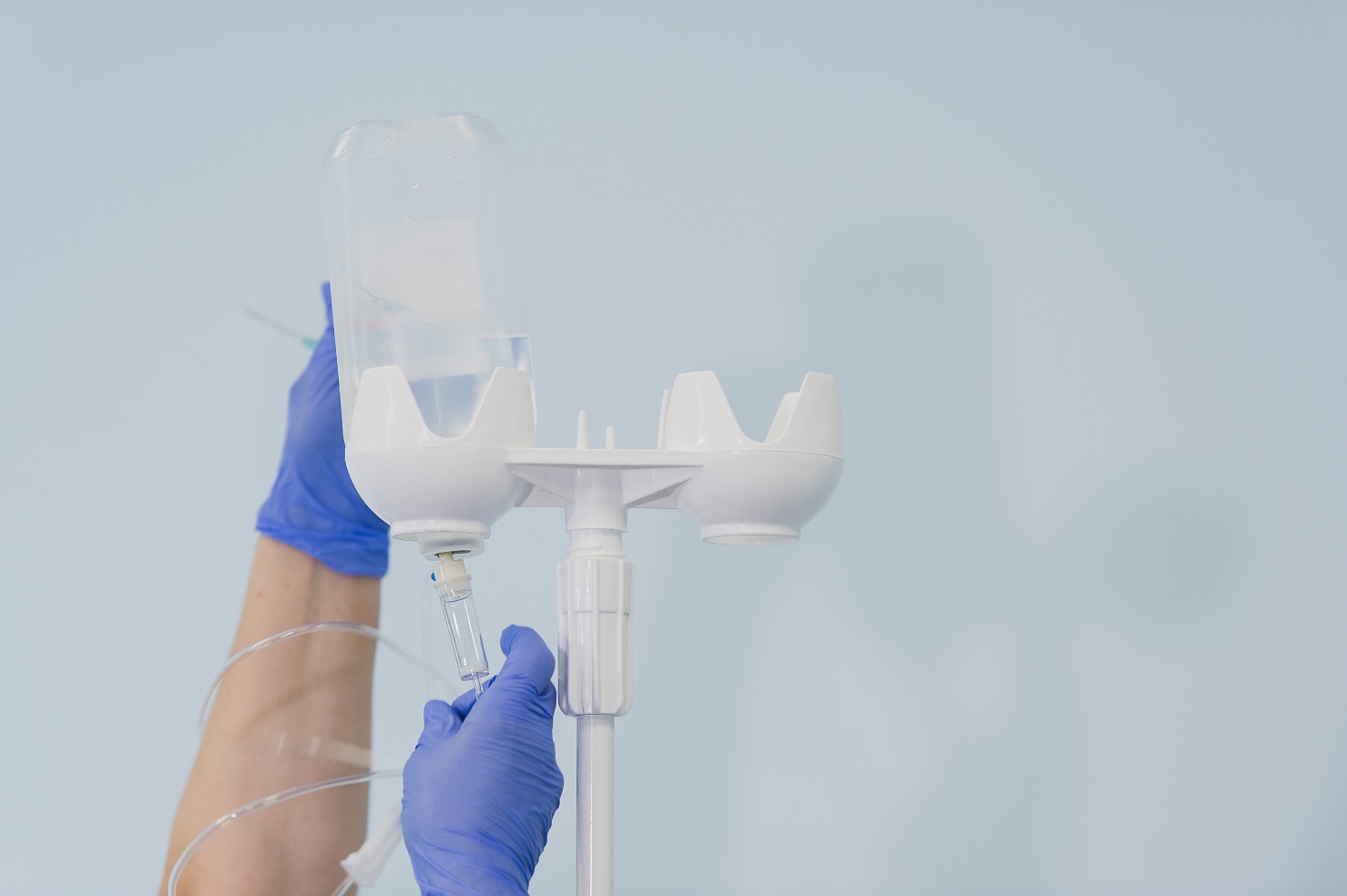Pancreatic cancer is relentless with the highest mortality rate of all major cancers. According to the American Cancer Society, It is estimated that 57,600 Americans will be diagnosed with pancreatic cancer and more than 47,050 will die from this disease in 2020.
Current treatment options include surgery, radiation therapy, targeted drug therapy, and chemotherapy. However, these options are clearly not very effective in the treatment of pancreatic cancer. Now is the time to consider new pancreatic cancer treatment options to help you or your loved one’s quality of life and chance of survival.
Patients, families, and doctors all understand that chemotherapy works to try to stop the growth and spread of cancer. What we forget about behind the scenes is how toxic this treatment actually is. The adverse side effects can be absolutely horrible. What if there was a way to still receive chemotherapy for pancreatic cancer but with less side effects and better survival outcomes?
Recent research is proving that reduced doses of chemotherapy is superior to the standard, maximal tolerated dose. Metronomic Low Dose Chemotherapy may just be the solution we have all been looking for.
Metronomic Low Dose Chemotherapy versus Maximal Tolerated Dose Chemotherapy
Metronomic Low Dose Chemotherapy (MLD) is termed metronomic as it is chemotherapy cancer treatment that is administered at regular, frequent time intervals, compared to the standard Maximally Tolerated Dose (MTD).
In MTD, chemotherapy is administered in the highest dose possible that is tolerated by the patient. This results in prolonged time between treatment cycles as normal tissues need to recover. Therapeutic resistance may even develop with MTD, decreasing the potential success of the cancer treatment.
Conversely, MLD provides a suitable and tolerable amount of chemotherapy for pancreatic cancer. This has been found to improve survival rate and quality of life with less toxicity and adverse side effects.
The research on this new pancreatic cancer treatment is growing and growing with positive results.
What does the research say?
Dr. Jasmine L. Martin, MD, from the Center for Hematology and Oncology took the historical MPACT trial, which proved that reducing chemotherapy doses by 20% improved tolerability of pancreatic cancer treatment and increased the ability to have more treatment in younger patients, and reproduce it to find the efficacy in elderly patients.
Therefore, she studied older patients, over 70 years old, with advanced pancreatic cancer. All 83 patients in her study received gemcitabine plus nab-paclitaxel as a first-line treatment either on a standard dosing schedule or a modified schedule, which included treatment every 2 weeks. Eighty-four percent of patients had a reduction in dosing, with almost half of these patients receiving a second dose reduction.
It turns out that the patients given reduced doses had better overall survival at 9.27 months versus 4.37 months, most likely due to the reduced toxicity. And to answer her original question, yes patients whether younger or older both show positive results with reduced dosage and metronomic scheduling.¹
This study helps to better understand how to help the elderly who are more likely to have adverse side effects and poorer outcomes with chemotherapy. It also solidifies the possibility of prescribing MLD at a frequency of every two weeks while still receiving the same response with less toxicity.
But Dr. Martin is not the only one to find MLD treatment options to be successful.
Dr. William H. Isacoff studied 65 patients, median age of 59 years old, with advanced, stage IV pancreatic cancer. These patients were treated with MLD in conjunction with conventional anti–vascular endothelial growth factor therapy. The drugs that were used in low dosages includes; 5-FU, leucovorin, nab-paclitaxel, oxaliplatin, and Bevacizumab.
Eighty-two percent of patients in this study survived 12 months or longer, much higher compared to other accepted pancreatic cancer treatment protocols.
Again, a lower toxicity approach allowed for longer duration of treatment, and therefore better success and outcomes.² MLD continues to prove to be safe and effective.
Some studies are proving to have even greater results in length of survival.
Dr. B. Chue also recognized the poor prognosis with standard treatment and the need for new, innovative pancreatic cancer treatments. The standard pancreatic chemotherapy protocols result in a survival length of 8.5 to 11.1 months. In his study, Dr. Chue utilized lower doses of chemotherapy at an increased frequency in order to maintain a consistent dose intensity while reducing toxicity.
With his study, he found 70% of patients survived longer than 12 months, 37% greater than 24 months, and 27% greater than 30 months. Another point that he made in his study is that frequently switching drug regimens may prevent chemotherapy resistance, allowing regimens to be repeated again in the future.³
There is no denying the positive research that is continuously being published in regards to MLD and the impact it has on survival rates and overall quality of life for patients with pancreatic cancer.
If you or someone you love has pancreatic cancer, talk with your oncologist to find out more about MLD and how it may impact your cancer treatment and your life.
For more information, contact Dr Paul Zhang at the Institute of Integrative BioOncology in Houston, Tx.
References:
https://pubmed.ncbi.nlm.nih.gov/29882102/
https://ascopubs.org/doi/abs/10.1200/JCO.2019.37.4_suppl.284?af=R


